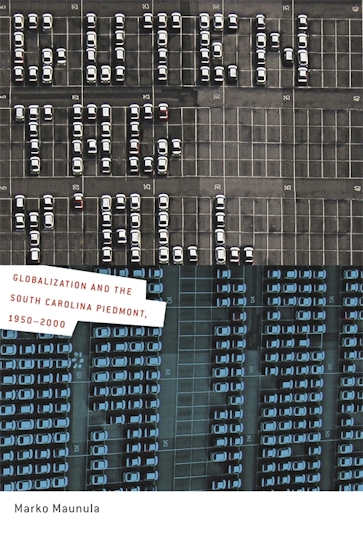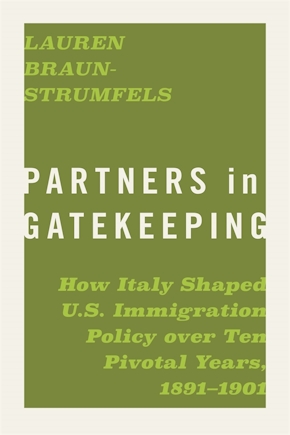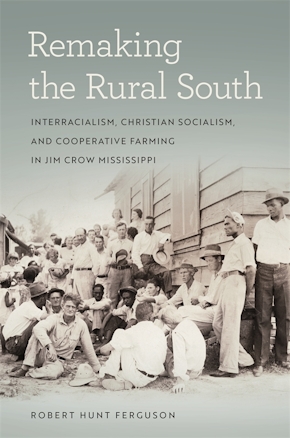Guten Tag, Y'all
Globalization and the South Carolina Piedmont, 1950-2000
Title Details
Pages: 176
Trim size: 6.000in x 9.000in
Formats
Paperback
Pub Date: 10/01/2010
ISBN: 9-780-8203-3643-5
List Price: $27.95
Hardcover
Pub Date: 08/01/2009
ISBN: 9-780-8203-2901-7
List Price: $120.95
Guten Tag, Y'all
Globalization and the South Carolina Piedmont, 1950-2000
Skip to
- Description
- Reviews
- Awards
Nicknamed "Euroville," Spartanburg, South Carolina, is a home away from home for BMW, Michelin, Ciba-Geigy, and numerous other European corporations. Enriching our understanding of what globalization means to millions of small-town, blue-collar Americans, Guten Tag, Y'all looks at Spartanburg as a model of how determined communities can shape and influence globalization to their benefit—and liking.
"South Carolinians in general and Spartans in particular do not believe in revolutions or quick fixes of any sort," writes Marko Maunula. Portraying Spartanburg to be a highly organized, hierarchical community, Maunula shows how it retained much of its preexisting culture and many of its institutions as it transformed itself from a mill town to a global business headquarters. As Maunula discusses such topics as global currency flows, cold war politics, federal trade policies, technological advances, and the decline of the American textile industry, he profiles industrialist Roger Milliken, civic booster Richard E. (Dick) Tukey, and others who successfully "sold" their vision for Spartanburg both abroad and on the home front. Maunula also analyzes the complex cultural give-and-take by which multinational corporations are transformed from alien, nationally identifiable foreign business units into localized conglomerates. Guten Tag, Y'all is a multifaceted, engaging case study of international economic survival and success at the local level.
Written with verve, Guten Tag, Y'all brings to light the processes, the business and community leaders, the firms, and the ideologies that made globalization happen on the ground in the Piedmont South. A valuable addition to the literature on post-World War II U.S. history, business and economic history, southern history, and labor history.
—David Sicilia, coeditor of Constructing Corporate America
Engaging and important . . . This story of how a community, region, and state responded to economic circumstances in the post-World War II era deserves a wide readership.
—Timothy Thurber, author of The Politics of Equality: Hubert H. Humphrey and the African American Freedom Struggle
Runner-up
George C. Rogers, Jr. Book Award, South Carolina Historical Society



